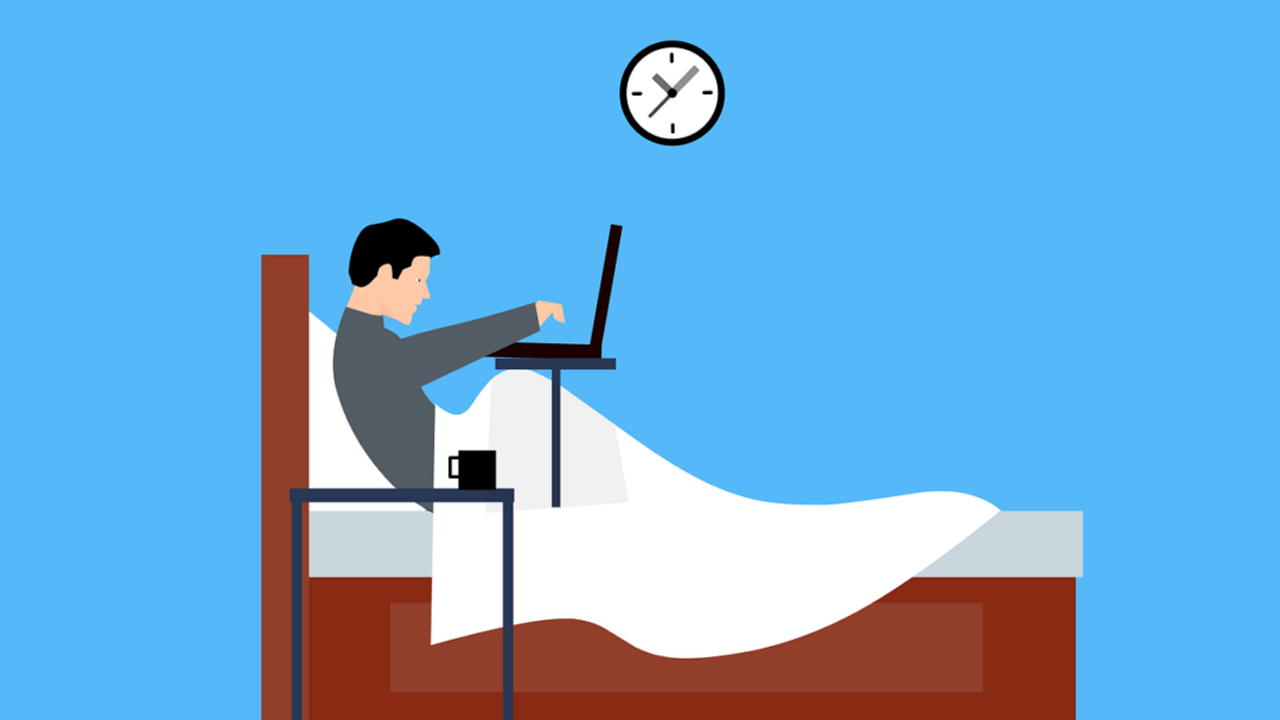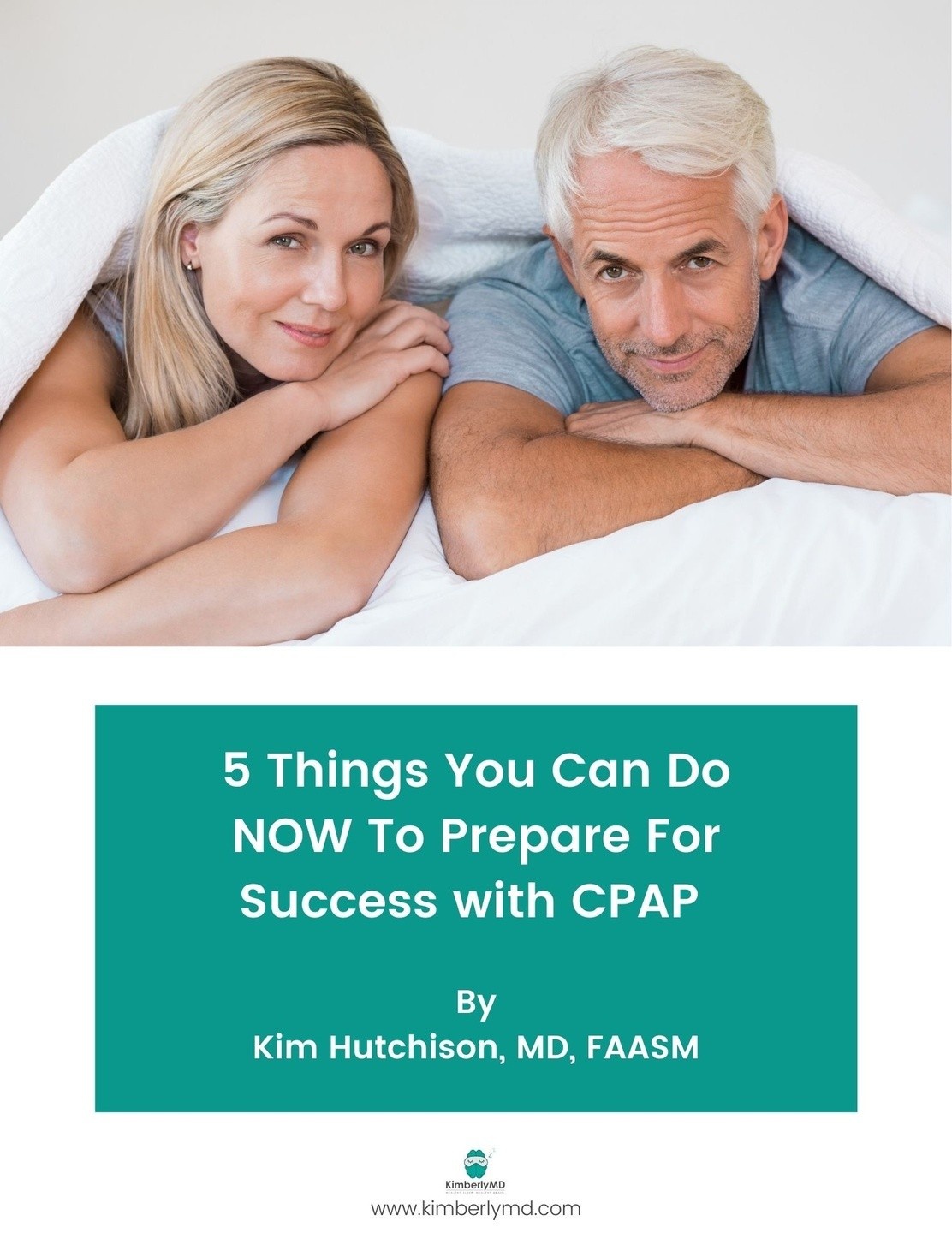Have You Heard of COVID-Somnia?

Have you heard of COVID-somnia?
This new term applies to the sleep disturbances that developed, or worsened, during the COVID-19 pandemic. Both insomnia (trouble sleeping) and hypersomnia (daytime sleepiness) are commonly reported in patients who have been sick with COVID-19, but are also being reported in the general public. Everyone has been affected by this pandemic.
There are many factors that contribute to COVID-somnia.
Changes in routine, stress, and anxiety, and weight gain are just a few. Each of these factors can lead to poor sleep. And poor sleep leads to poor concentration, low energy, and a depressed mood, all of which can further disrupt sleep — a vicious cycle!
Changes in Routine
With pandemic lockdowns and ongoing stress, you may have started going to bed later and moving or exercising less. Irregular bedtimes and lack of physical activity are scientifically proven recipes for poor sleep.
Stress and Anxiety
When we can’t relax our body and mind, it’s difficult for our brain to calm down enough for sleep to take over. Ruminating on fears or stressing about how to get it all done can really cut into sleep time at the beginning of the night or in the middle of the night.
Weight Gain
When you mix changes in routine with stress and anxiety, then add a larger-than-normal helping of food and drink (especially alcohol), you might also experience weight gain. Gaining weight can lead to increased snoring and worsening sleep apnea, both of which contribute to poor sleep and the likelihood of COVID-somnia.
What to Try to Eliminate COVID-somnia
In addition to impacting your sleep, all these changes and stressors also pose a risk to your overall health and increase your chances of developing more serious diseases.
If you find yourself suffering with new or worsening sleep trouble, here are a few ways to lower your health risks and the chances of COVID-somnia:
- Get outside and expose yourself to sunlight every day.
- Choose your favorite activity and move your body.
- Skip the doom scrolling and opt for brain-calming activities like meditation, reading, or an easy walk.
- Preserve your normal routines, including a set bedtime and wake time.
- Avoid anxiety-provoking news programs at night and instead engage in relaxation techniques such as stretching or deep breathing.
- Avoid napping, even if you had a bad night since daytime sleeping can make it more difficult to fall asleep at night.
If your sleep problems persist beyond a month or two, talk to your doctor or look online for a reputable cognitive behavioral therapy program for insomnia.



